Trends and Challenges
The energy and industrial sector is undergoing an unprecedented transformation driven by a number of current trends and challenges.
Sustainability has become a clear focus for companies seeking to be more responsible in their practices when it comes to their commitment to society. The drive for decarbonisation is another crucial aspect related to this concept. The demand for clean energy and energy efficiency has become imperative, and organisations are adopting more sustainable solutions to reduce their carbon footprint.
One of the main driving forces behind this transformation lies in technological advances and the ongoing digitisation of the sector; technologies such as Artificial Intelligence (AI), Machine Learning (ML), and blockchain technology are revolutionising the way energy resources are produced, distributed, and consumed. It has become fundamental to align with these technological advances, thereby improving the customer experience in the digital environment. Companies are focused on providing personalised, efficient, and reliable solutions that are tailored to the individual needs of their customers.
Finally, a key concern in the industrial sector specifically is creating mechanisms to control inflation and ensure stability in the supply chain. We seek solutions for managing prices efficiently and ensuring a secure and reliable supply of all resources.
Industry Transformation
Axis Corporate, part of Accenture has the necessary capabilities to respond to the current and future momentum of the industry, supporting the sector’s entities in their transformation processes, based mainly on the following lines of action:
- Assessing new business models and entering into new markets through both organic and inorganic growth.
- Reviewing and adapting the product and service portfolio to market needs.
- Increasing the effectiveness and efficiency of the distribution model and channels.
- Improving the customer experience and satisfaction.
- Maximising profitability through efficiency in operations and supplier networks.
- Optimisation of the finance function.
- Integrating ESG practices in the corporate strategy and adapting the risk management, internal control, and audit models.
- Optimising the technological model that supports the business and its scalability.
“They assisted us in the selection and evaluation of the planning tool, providing technical knowledge on how to manage this type of project.”
Leading Company in the Insurance Sector
Head of Controlling
“Full availability and collaboration in the continuous search for efficiencies and increased productivity.”
Leading Company in the Banking Sector
Management
“The Axis Corporate, part of Accenture team has stood out in our company’s BFC implementation project for its expertise, proactive attitude, and commitment, all oriented towards providing solutions to the needs raised.”
Leading Company in the Energy Sector
Project managers
“They offer their methods, bring order to the follow-up of the project commitments, and provide training in the Process Engineer function.”
Leading Company in the Banking Sector
BPE Senior Manager
“Axis Corporate, part of Accenture has a team of highly qualified professionals who have been able to integrate into the company’s structure quite quickly, which has allowed us to draw up a very accurate report on the company’s qualities and challenges.”
Leading Company in the Real Estate Sector
Adjunct Management
“We simply would not have been able to move the project forward without their advising.”
Leading Company in the Automotive Sector
“Maximum involvement in achieving the objectives and adapting to the changes that occurred throughout the collaboration.”
Leading Company in the Banking Sector
“Working with the Axis Corporate, part of Accenture team has allowed me to complement the comprehensive vision of the project. We have proactively moved towards a model of continuous improvement in our development.”
Leading Company in the Real Estate Sector
“The Axis Corporate, part of Accenture team has been key to this project in guiding the Business Areas in adapting their processes to the corporate tool, facilitating the transition, and making the processes more efficient on both sides of the ‘Equation’.”
Leading Company in the Banking Sector
“A very helpful team with a huge capacity for management and innovation.”
Leading Company in the Insurance Sector
“The team gives off a sense of total reliability and expertise so that you feel well-accompanied and advised, and they have the capacity to adapt to and align with the style and culture of the organisation.”
Leading Company in the Banking Sector
“Involvement, professionalism, quality.”
Leading Company in the Real Estate Sector
“Great professionalism, which lends a sense of security. The ability to advise us, taking into account what needs to be done along with the type of entity we are, is highly valued.”Leading Company in the Insurance Sector
“The Axis Corporate, part of Accenture team took on a complex challenge, both in terms of content and deadlines, and resolved it in an exemplary manner, meeting all the requirements.”
Leading Company in the Real Estate Sector
“A dedicated team focused on providing solutions.”
Leading Company in the Banking Sector
“High value contribution with quality, innovative solutions.”
Leading Company in the Banking Sector
Get in touch













